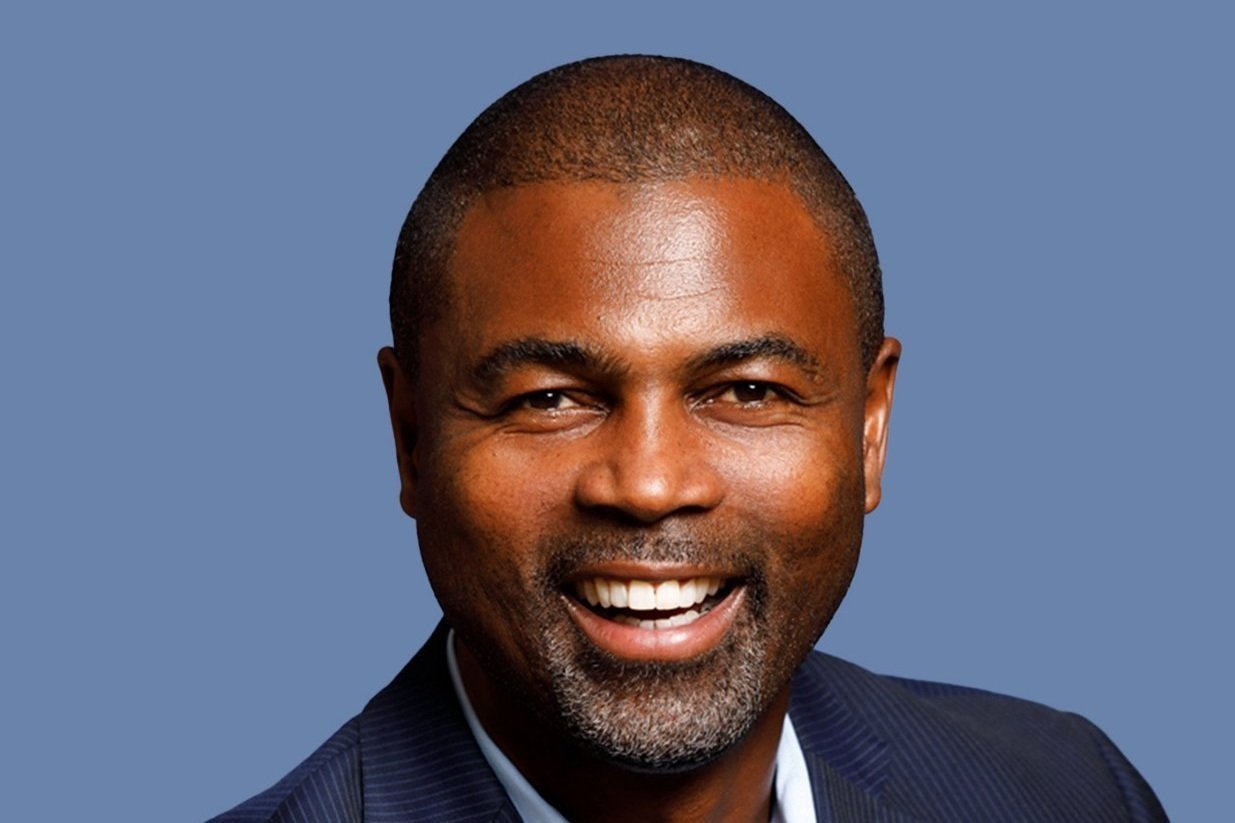State Rep. La Shawn K. Ford hasn’t given up on making it legal for people convicted of felonies to vote while serving their sentence. He’s working on new legislation after his previous bill stalled in Springfield.
By NaBeela Washington
Rep. La Shawn K. Ford hopes to pass new voting rights legislation in 2025.
State Rep. La Shawn K. Ford, an advocate for criminal justice reform, has spent his life serving Chicago in multifaceted ways. Since 2007, Ford has represented Illinois’ 8th District, which includes parts of the West Side.
As the vice chair of the Restorative Justice Committee, Ford said is committed to advancing reforms that create equitable opportunities for all. Familial and personal experiences, especially with people disenfranchised by their pasts, have fueled his passion for restorative justice, he said.
This deep connection to the struggles of justice-impacted individuals drives his work to ensure that all people have opportunities for growth, civic participation and the right to vote, he said. Illinois does not allow people convicted of felonies to vote while incarcerated. People in pre-trial detention at Cook County Department of Corrections can vote and can do so on-site as of 2020. Ford fiercely advocated for Senate Bill 828, which aimed to restore voting rights for people serving felony sentences. That legislation stalled, but Ford now is backing House Bill 39, which would allow incarcerated citizens in Illinois to vote through mail-in ballots using a previous address. He spoke to City Bureau about the bill's progress and what comes next.
tell me more about the work that led you to rally for the passage of bill SB 828.
I first filed a bill on it in 2017. SB 828 was the previous bill, but the current bill is House Bill 39. House Bill 39 would allow incarcerated individuals in state prisons to apply for mail-in ballots from their last known home address and vote in local and federal elections.
SB 828 died in the General Assembly in January 2022. We will likely pursue the passage of House Bill 39 during the lame-duck session in January 2025.
Can Illinois be a model for other states and restoring voting rights to incarcerated individuals?
Yes, I do believe Illinois could serve as a model, as we would be taking best practices from states like Maine and Vermont that already allow incarcerated individuals to vote.
What does the work of the Restorative Justice Committee look like, and how does it influence your work with House Bill 39?
The Restorative Justice Committee focuses on social justice and equity, working to right the wrongs done to people and find ways for them to reintegrate into society after serving their time. This aligns with the goals of House Bill 39 to restore voting rights for incarcerated individuals.
Are there any issues, particularly for justice-impacted individuals living on the South Side of Chicago, that you would love to see elected officials more involved in?
Workforce development and mental health support for juveniles are major issues that I would like to see more focus on. There is a lot of trauma experienced by juveniles on the West Side, and I think if we could have more behavioral health and drug treatment programs for juveniles, it would be very helpful.
Have you had a personal experience that makes you passionate about making voting rights, mental health and other issues accessible?
It comes from me seeing so many people, locked out of the American dream because they can't find a job based on their past transgressions. Can't get a job because they simply got a felony on their record. Can't get an apartment because they made a mistake in life. Can't get student loans because they made a mistake in their life. So living on the West Side and having family members that I know have been disenfranchised in life because of their past is my driving force for trying to make sure that those who are truly reformed have a chance for restorative justice in their life. It's good for the community.
Why is restorative justice important to you?
I know that if we don't have restorative justice and social justice, there is no pathway back for a real American life, an American citizen life. You know, you want to be a citizen with all its rights — there has to be some restorative justice for those that have paid their debt to society and have really been reformed. So when you talk about second chances, you have to have a society that actually says, 'You are reformed, you are ready to reintegrate, and we forgive you. We need you to be productive, to help repair the harms you've made to society.’
What have you learned in your time in office?
If you sit back and wait for change to happen, it just won't happen. I do believe that if you're able to collaborate and build a coalition for an issue, our democracy will bend if you don't give up. We have a lot of work to do to repair the harms that have been inflicted on Black people in America. We have a lot of work to do to bring equity, not equality in our society. My fight is to bring equity throughout our communities, and that means we're not going to leave anyone behind everybody that's lacking their needs should be met.
Support City Bureau’s Civic Reporting fellows by becoming a recurring donor today.

